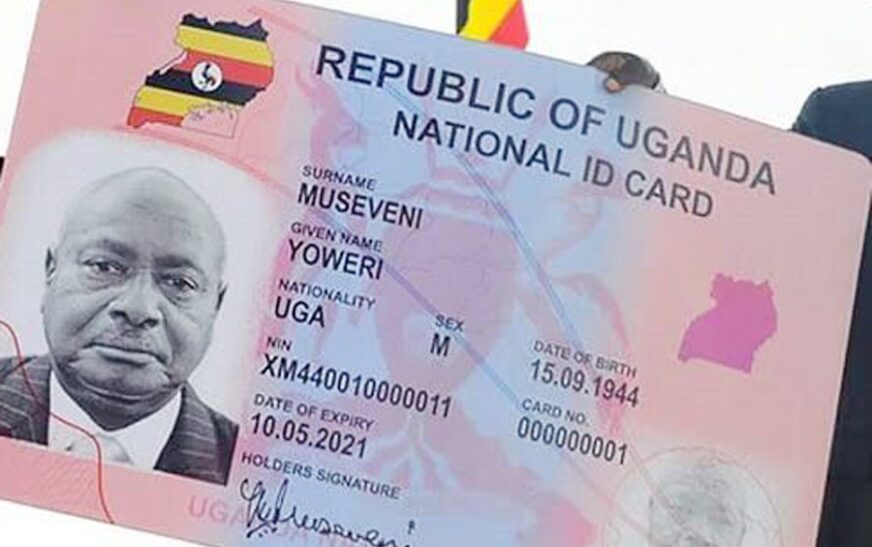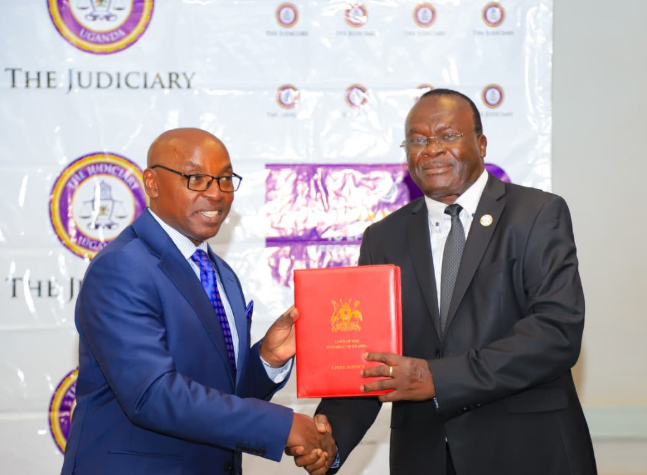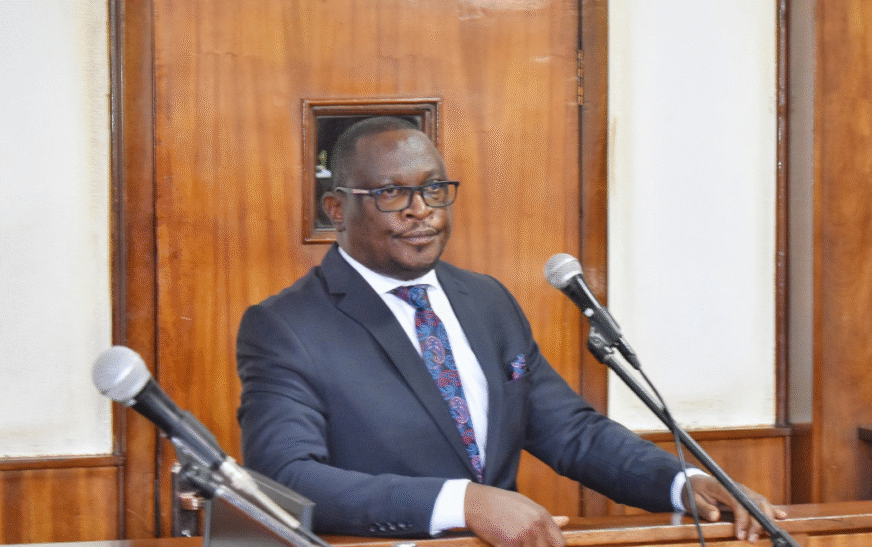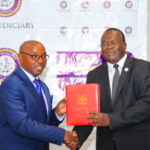More than 450,000 individuals currently listed in the National Identification Register share the same three names and identical date of birth, according to National Identification and Registration Authority (NIRA) .
While initially described by NIRA Executive Director Rosemary Kisembo as a statistical reality of common naming patterns, new insights from legal and data privacy experts suggest the overlap may not just be a harmless coincidence but symptomatic of deeper systemic flaws.
“You can’t rely on names alone in a country where hundreds of thousands share the same ones,” Kisembo said at a stakeholders’ meeting held at the Uganda Law Society House in Kampala.
However, independent analysts reviewing NIRA’s registration data say the overlaps raise more questions than answers, especially when coupled with the use of biometric data, which is supposed to guarantee uniqueness.
An internal document, seen by this publication but not yet made public, reportedly shows multiple entries with matching names and dates of birth also share partial biometric similarities — a red flag in digital identity management systems.
“It’s one thing to have common names,” said a cybersecurity consultant who spoke on condition of anonymity. “It’s another when biometric profiles begin to converge. That shouldn’t be possible unless the system is compromised, or profiles are being cloned.”
The ongoing mass enrollment and ID renewal campaign — designed to clean up expired records and update voter rolls ahead of the 2026 general elections — is now under pressure, as critics warn it could be entrenching duplicates or fraudulent identities rather than resolving them.
Advocate Apollo Muhindo, who attended the Kampala meeting, said the issue touches more than just database hygiene.
“We are dealing with highly sensitive personal data; names, birth dates, fingerprints, iris scans. This isn’t just technical; it affects the legitimacy of elections, access to services, and even national security.”
NIRA maintains that biometrics are the ultimate safeguard, emphasizing that demographic data (names, dates of birth, addresses) can be similar or even incorrect, but biometric uniqueness prevents duplication.
Still, with over 10 million registered Ugandans yet to receive their national IDs, experts warn that confidence in the system is eroding. If duplicated or synthetic identities are not resolved before the elections, voter roll credibility may be irreparably damaged.
Kisembo announced that NIRA is working in collaboration with the Personal Data Protection Office to audit and improve privacy and security protocols.
“We acknowledge the concerns and are actively working to strengthen the system,” she said.



















